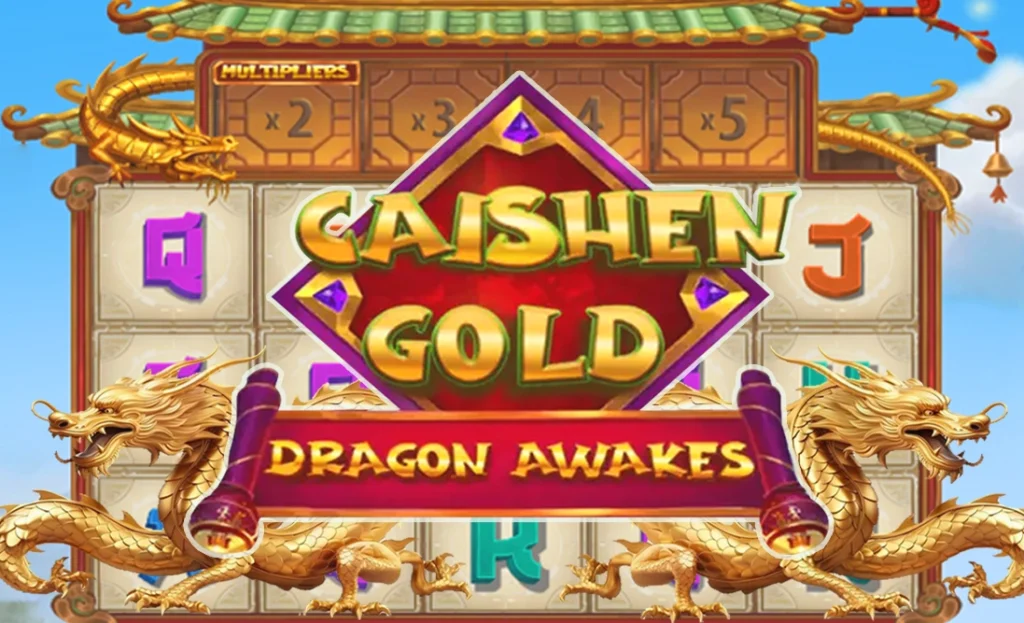The allure of wealth and prosperity is a universal aspiration, and in many cultures, symbols and deities represent these ideals. One such figure in Chinese mythology is Caishen, the God of Wealth. His image often inspires themes of fortune and abundance, especially during the Lunar New Year. Among the various interpretations and expressions of this symbolism, Caishen Gold stands out as both an emblem of prosperity and a popular element in cultural festivities. This blog post delves deep into the significance of Caishen Gold, exploring its historical roots, cultural meanings, contemporary applications, and how it influences the pursuit of wealth today.
The Origins of Caishen: Understanding the God of Wealth
To comprehend the significance of Caishen Gold, we must first explore the origins of Caishen himself. Recognized in various texts and traditions, Caishen embodies the hope for financial success and good fortune.
Historical Background
Caishen’s origins can be traced back to ancient China, where various folk tales depict him as a warrior or even a scholar. The evolution of his character reflects the changing dynamics of society’s relationship with wealth. Initially linked to agriculture and land, over time, he transitioned into a deity representing material wealth and financial success.
View more: https://hb88.party/dang-ky-hb88/
His emergence in the Han Dynasty signifies a shift in focus from agrarian prosperity to the importance of commerce and trade. As China’s economy grew, so too did the need for a divine figure who could bless merchants and traders with good fortune.
Cultural Significance
In Chinese culture, wealth isn’t merely the accumulation of money; it’s tied closely to family, harmony, and social standing. The figure of Caishen represents not just financial gain but also the blessings that come with it. In many households, offerings are made to Caishen during the Lunar New Year, symbolizing the hope for a prosperous year ahead.
The celebration of Caishen’s birthday, which falls on the fifth day of the Lunar New Year, is marked by various rituals aimed at attracting his favor. Families often set up altars adorned with fruits, incense, and images of Caishen, believing that honoring him will invite wealth into their homes.
Caishen in Modern Context
Today, Caishen continues to play a significant role in celebrations. Traditional decorations, including gold ingots, coins, and images of Caishen, are commonplace during festive seasons. The belief is that the more one honors Caishen, the more abundant their fortune will become.
Modern renditions of Caishen can also be seen in pop culture through movies, advertisements, and merchandise, further emphasizing his relevance to both traditional and contemporary notions of wealth. This hybridization of tradition and modernity allows individuals to connect with their cultural heritage while pursuing their aspirations.


